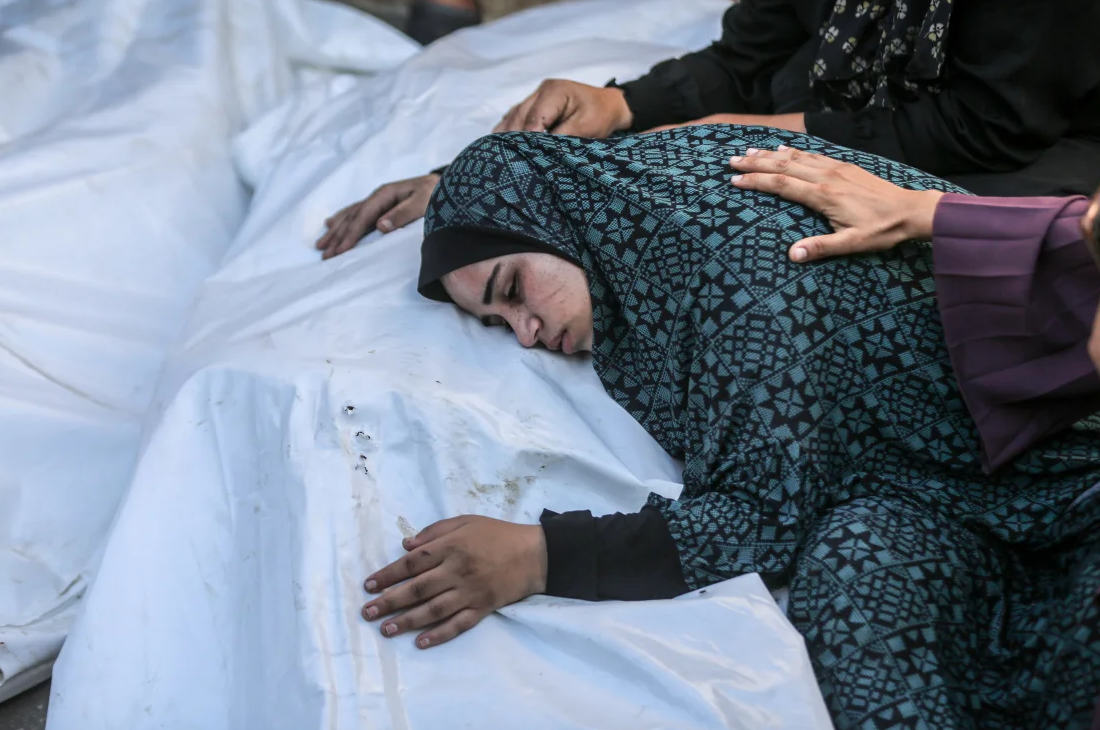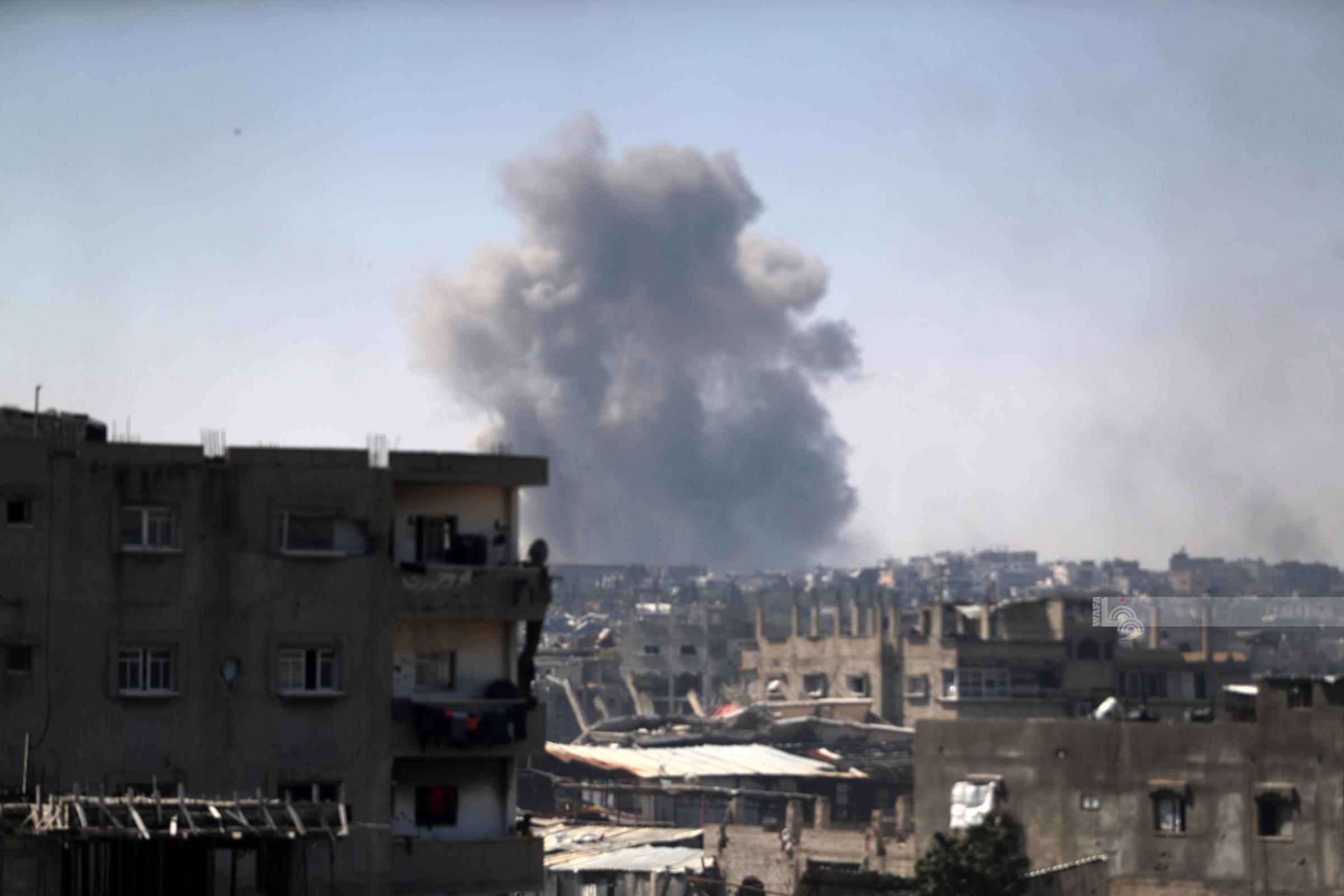HEBRON, December 9, 2015 (WAFA)
– Israeli forces early Wednesday broke into the family home of a Palestinian,
who was killed by Israeli forces, in the southern West Bank city of Hebron in
an apparent prelude to demolish it.
WAFA correspondent reported that
Israeli forces informed the family of Malik al-Shareef, 25, about their
intention to punitively demolish their house.
Forces took measurements of the
house in preparation for the anticipated demolition.
Al-Shreef was shot and killed
by Israeli forces after he allegedly attempted to stab Israeli settlers at the
conjunction of Gush Etzion settlement bloc, southwest of Bethlehem, on November
5, 2015.
In the meantime in Nablus, Israeli
troops stormed the city in the predawn hours, and informed the family of Amjad
Elewi, who was detained and placed in Israeli jails after being accused of
partaking in an armed attack that killed two Israeli settlers near Nablus in
early October 2015, that they will be receiving a demolition notice for their
house within two days.
In mid-October 2015, Israeli
Prime Minister Benjamin Netanyahu threatened to take strict measures against
Palestinians suspected of carrying out attacks on Israeli targets, as well as
to pursue those 'who stand behind' them.
'We are in the midst of a wave
of terror of knives, firebombs, stones and live fire,' Netanyahu told
reporters.
'These actions are mostly not
organized, but they are all the result of wild and untruthful incitement from
Hamas, from the Palestinian Authority, from several neighboring counties and,
no less, from the Islamic Movement in Israel.'
Israel resorts to punitively
demolish the family homes of any Palestinians – as means of deterrence -
accused of being involved in attacks against Israelis, a policy that Israel
does not use against Israeli settlers who were involved in fatal attacks
against Palestinians.
Al-Haq human rights group
slammed the punitive home demolition of Palestinians suspected of being
involved in attacks against Israelis, as a collective punishment and that in
accordance with humanitarian law and human rights law, it is assessed as a war
crime and a crime against humanity.
B’Tselem, an Israeli human
rights group, says: “The people who bear the brunt of the [punitive]
demolitions are relatives – including women, the elderly, and children – whom
Israel does not suspect of involvement in any offense.”
“In the vast majority of cases,
the person whose actions prompted the demolition was not even living in the
house at the time of the demolition,” adds the group.
“The official objective of the
house demolition policy is deterrence … yet the deterrent effect of house demolitions
has never been proven.”
It said that, “Since this
constitutes deliberate harm to innocents, it is clear that even if house
demolition had the desired deterrent effect, it would, nevertheless, remain
unlawful.”
Amnesty International, argued
that, the Israeli authorities’ claim that such demolitions are effective in
dissuading potential attackers “is entirely irrelevant in the eyes of
International humanitarian law, which places clear limits on the actions which
an occupying power may take in the name of security, and the absolute
prohibition on collective punishment is one of the most important of these
rules.”
“Collective punishment is never
permissible under any circumstances.”
K.F./T.R.












